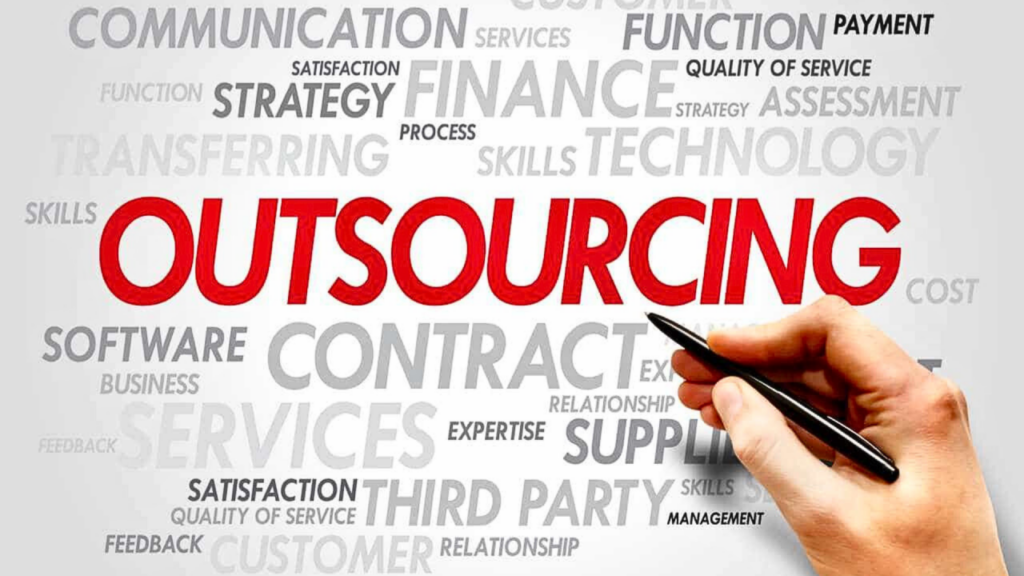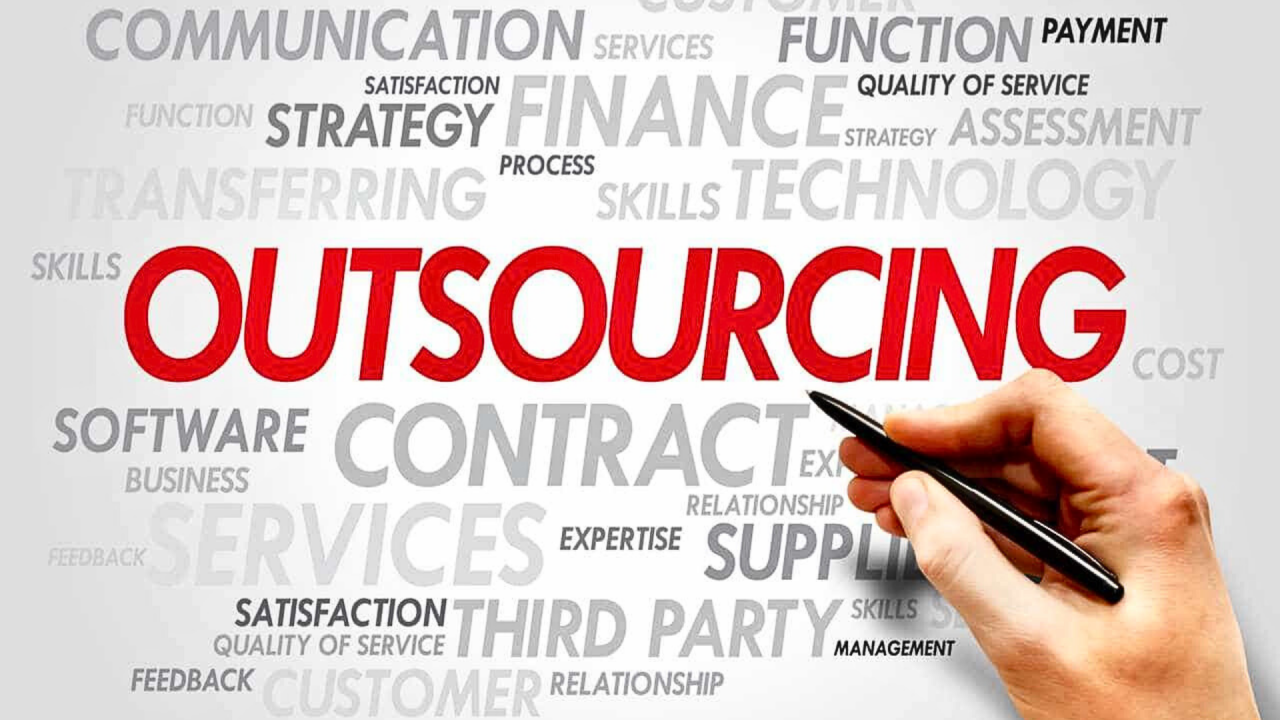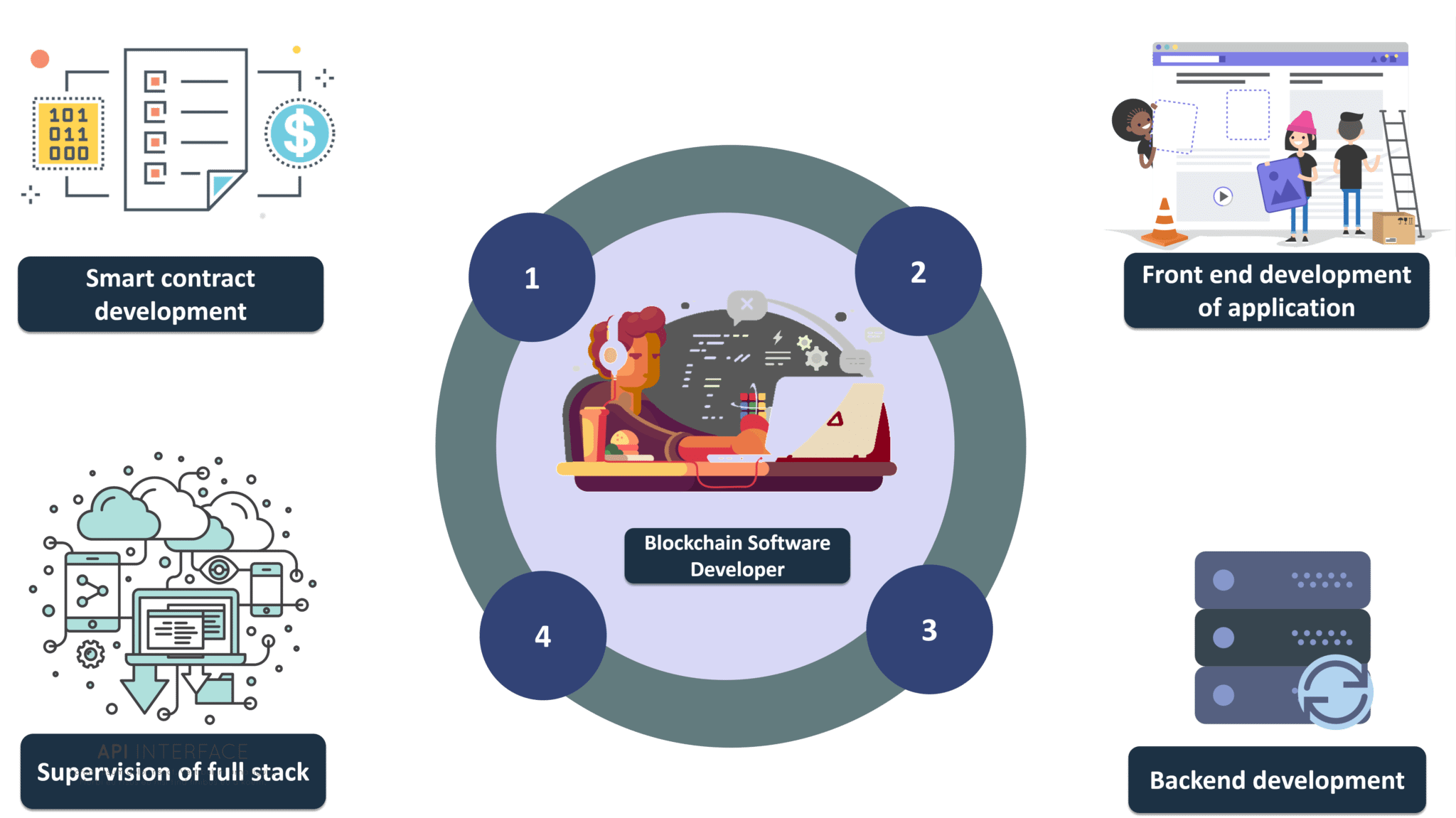
Outsourcing has become increasingly popular, allowing businesses to tap into specialized expertise and gain cost efficiencies. However, maximizing the benefits of outsourcing relies heavily on effective performance evaluation strategies. This blog aims to highlight the key factors to consider when evaluating outsourcing services and provide insights on how to achieve the highest goals in performance evaluation.
Define Clear Performance Metrics:

To evaluate outsourcing services effectively, it’s crucial to establish clear performance metrics that align with your business objectives. These metrics should be specific, measurable, achievable, relevant, and time-bound (SMART). For instance, if you are outsourcing customer support, metrics can include average response time, customer satisfaction scores, and issue resolution rates.
Real-Time Monitoring:

Implementing real-time monitoring tools allows you to track the performance of your outsourcing service provider on an ongoing basis. Reliable monitoring tools help identify issues or potential bottlenecks promptly, enabling you to take immediate corrective actions. This ensures that any performance issues are addressed promptly and efficiently.
Regular Performance Reviews:

Conducting regular performance reviews is crucial in maintaining a healthy outsourcing relationship. Schedule periodic review meetings to discuss the achievements, challenges, and areas of improvement with your outsourcing partner. These sessions provide an opportunity to align expectations, address concerns, and develop strategies to overcome performance gaps.
Quality Assurance and Compliance:

In outsourcing services, ensuring adherence to quality standards and compliance is essential. Establish clear quality assurance processes and guidelines to evaluate the performance of your outsourcing partner and validate that they meet the required standards. Conduct regular audits to assess the compliance of the outsourced operations with relevant regulations, standards, and legal requirements.
Collaborative Approach:

Building a collaborative relationship with your outsourcing service provider can significantly enhance performance evaluation. Encourage open and transparent communication, fostering a sense of partnership rather than a hierarchical client-vendor relationship. Engage in regular discussions to share insights, challenges, and best practices. This collaborative approach will enable both parties to align their goals, enhance performance, and drive continuous improvement.
Incentives and Performance-based Contracts:
Consider using performance-based contracts and incentives to motivate your outsourcing partner towards achieving and exceeding goals. Rewarding outstanding performance encourages service providers to consistently meet and surpass expectations. It also fosters a culture of continuous improvement and innovation, driving the outsourcing services towards excellence.
Conclusion:
Effective performance evaluation strategies are crucial for achieving the highest goals in outsourcing services. By defining clear performance metrics, implementing real-time monitoring, conducting regular performance reviews, ensuring quality assurance and compliance, fostering collaboration, and using incentives, businesses can drive their outsourcing services toward success. By maintaining a strong partnership with the outsourcing provider and continuously evaluating and improving performance, organizations can unlock the full potential of outsourcing, leading to enhanced operational efficiency, cost savings, and improved customer satisfaction.




Thanks for sharing your thoughts about nordvpn coupons inspiresensation special coupon code.
Regards
nordvpn code 350fairfax
I really like what you guys are usually up too. This type of clever work and coverage!
Keep up the superb works guys I’ve incorporated you guys
to my blogroll.
I’m really loving the theme/design of your blog.
Do you ever run into any web browser compatibility problems?
A few of my blog visitors have complained about my blog not
working correctly in Explorer but looks great in Firefox.
Do you have any ideas to help fix this problem?
Check out my web blog … eharmony special coupon code 2025
Heya i am for the first time here. I found this board and
I in finding It truly helpful & it helped me out much. I’m hoping to present
one thing back and help others like you helped me.
Look at my blog post – vpn